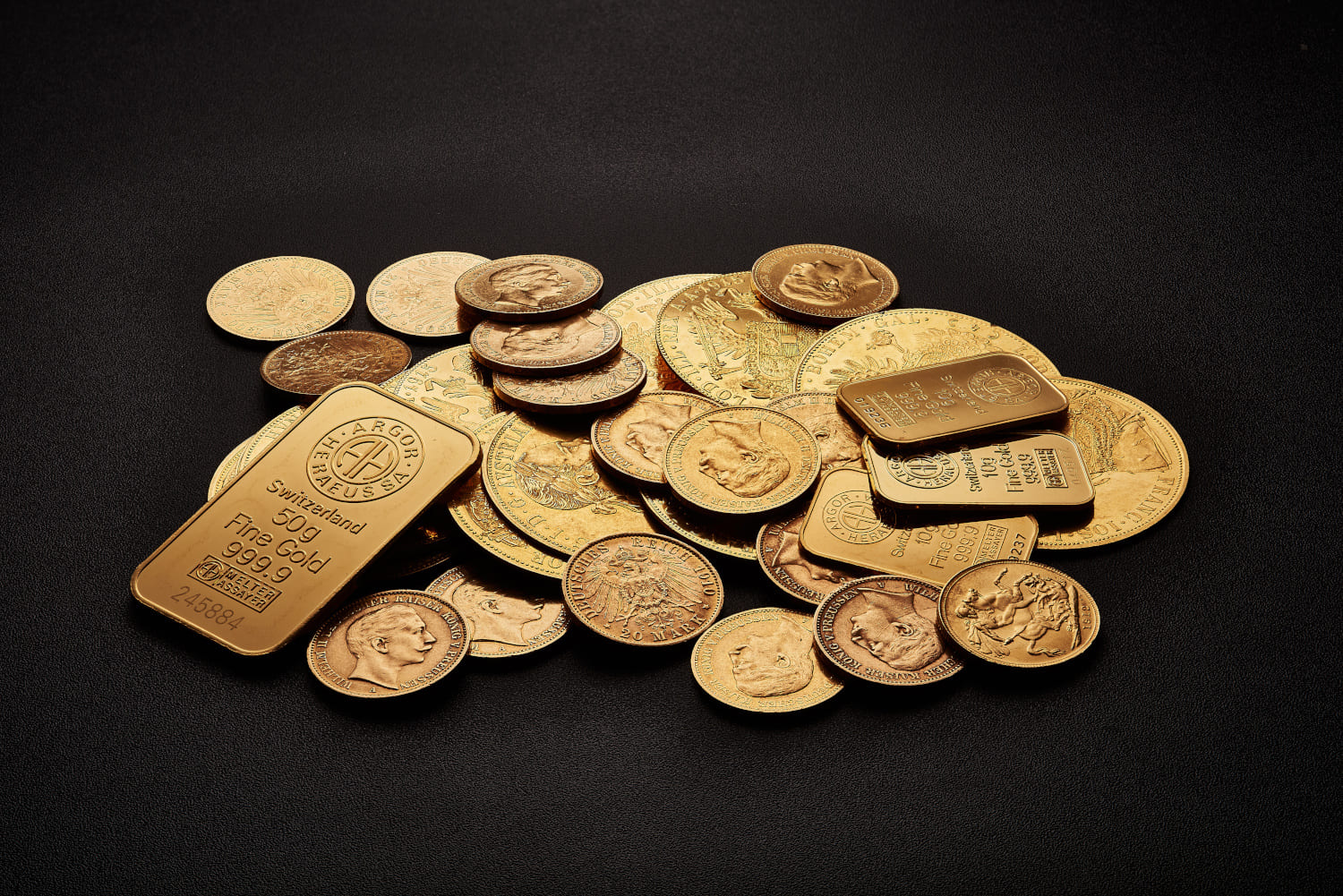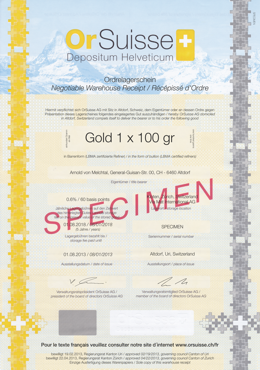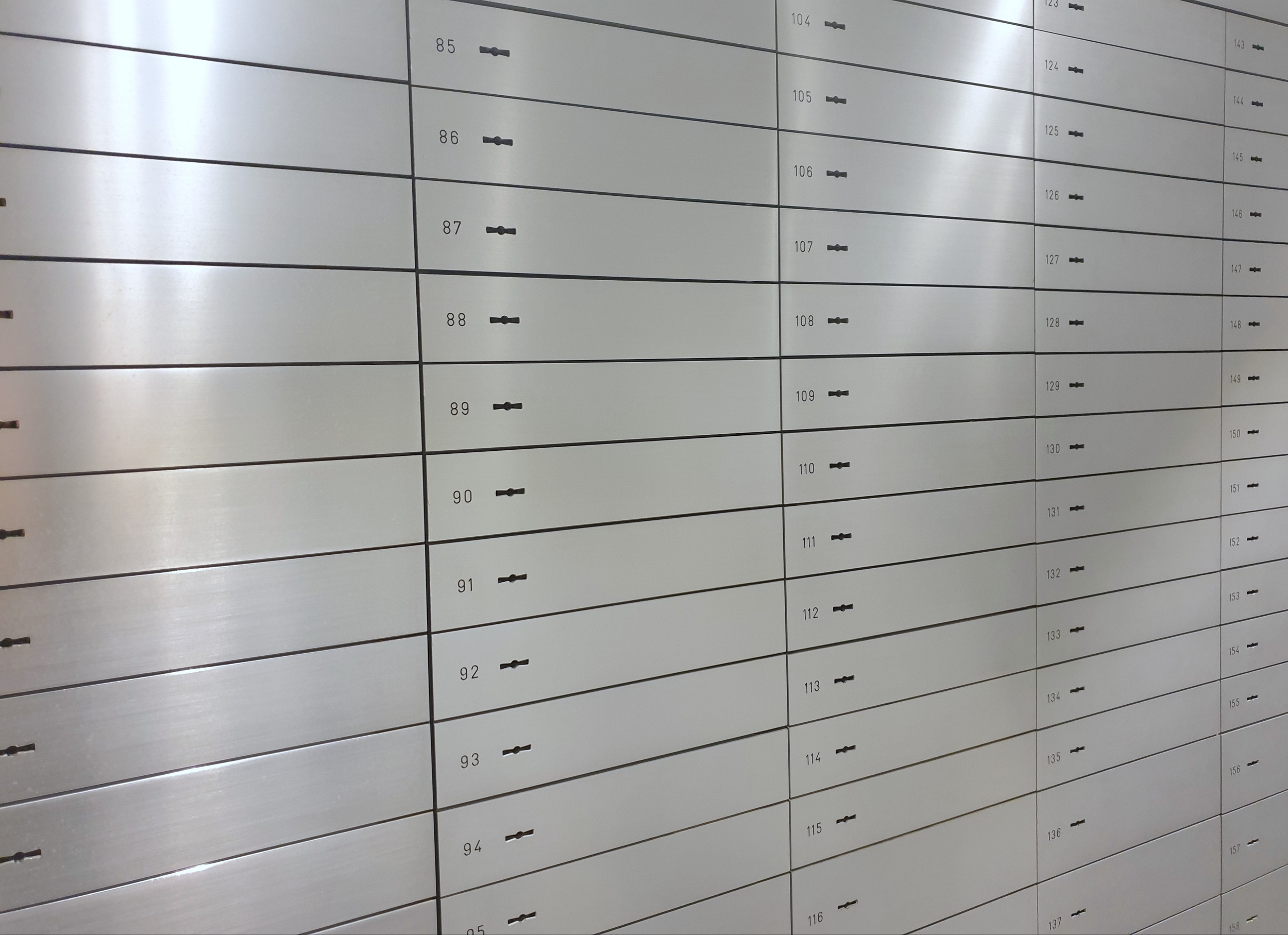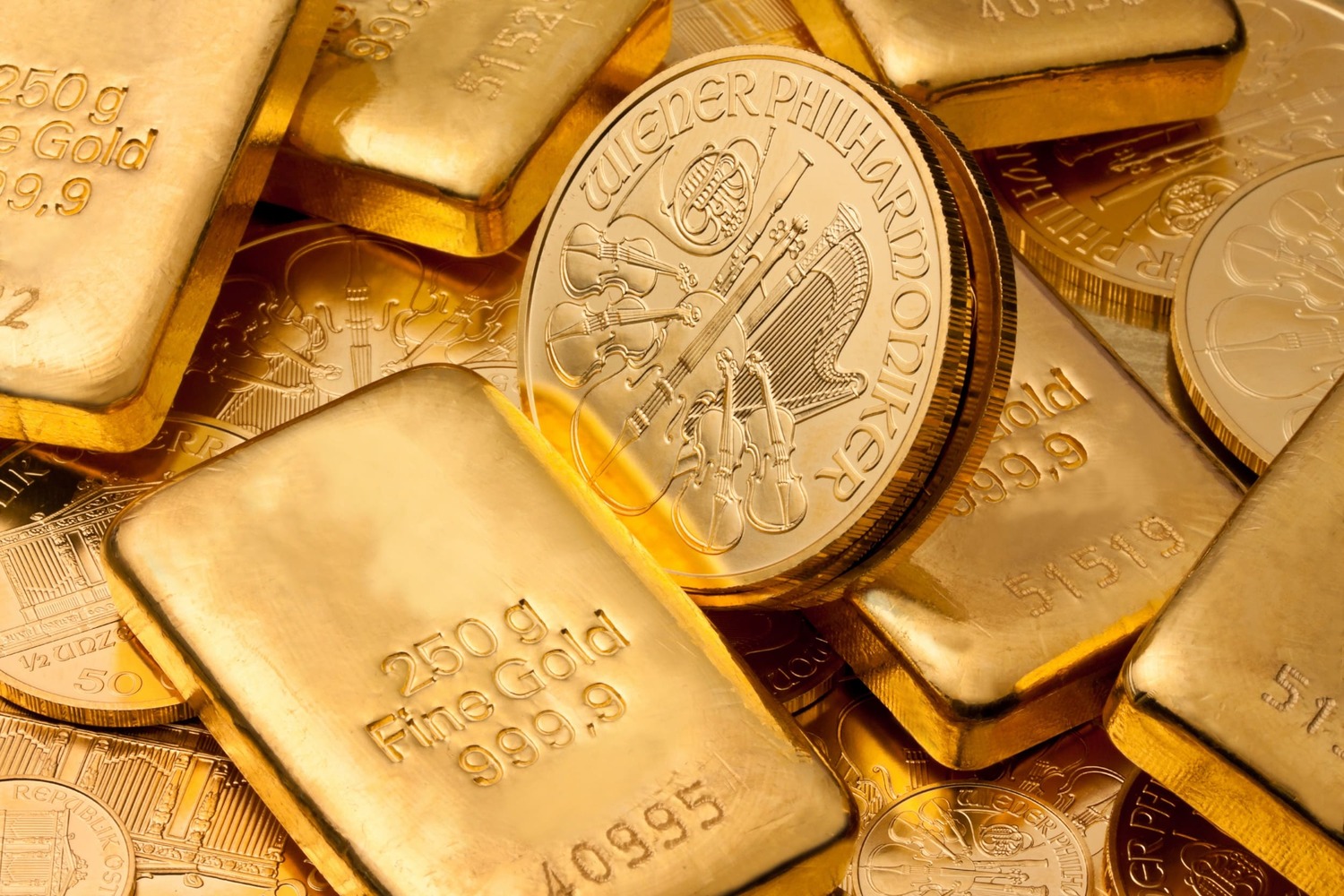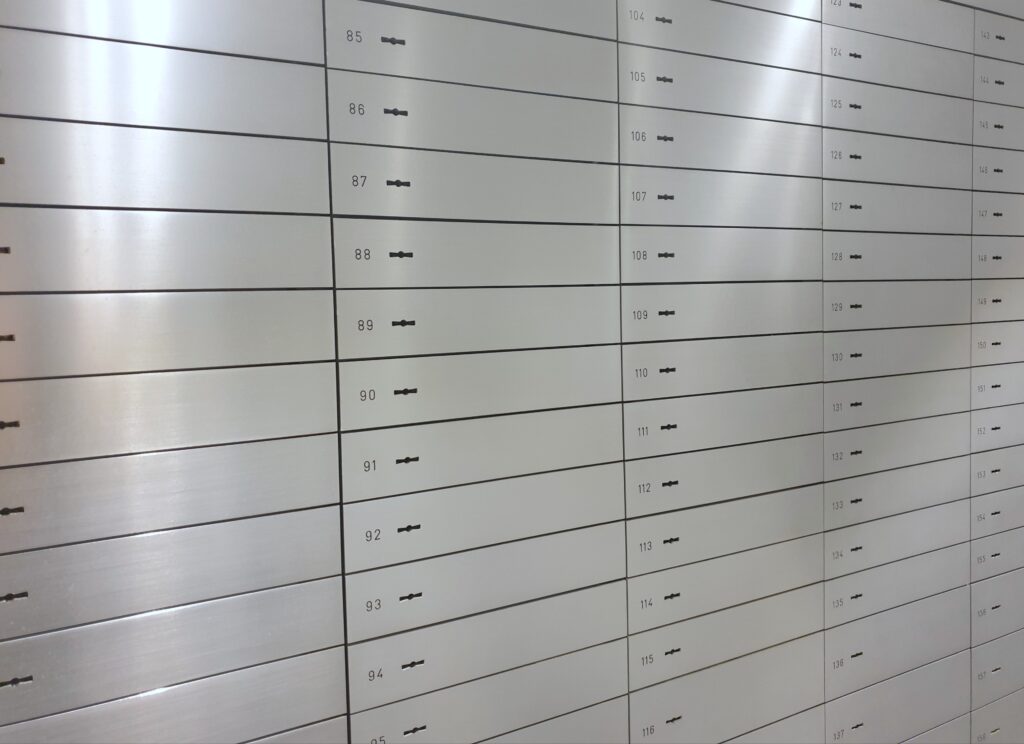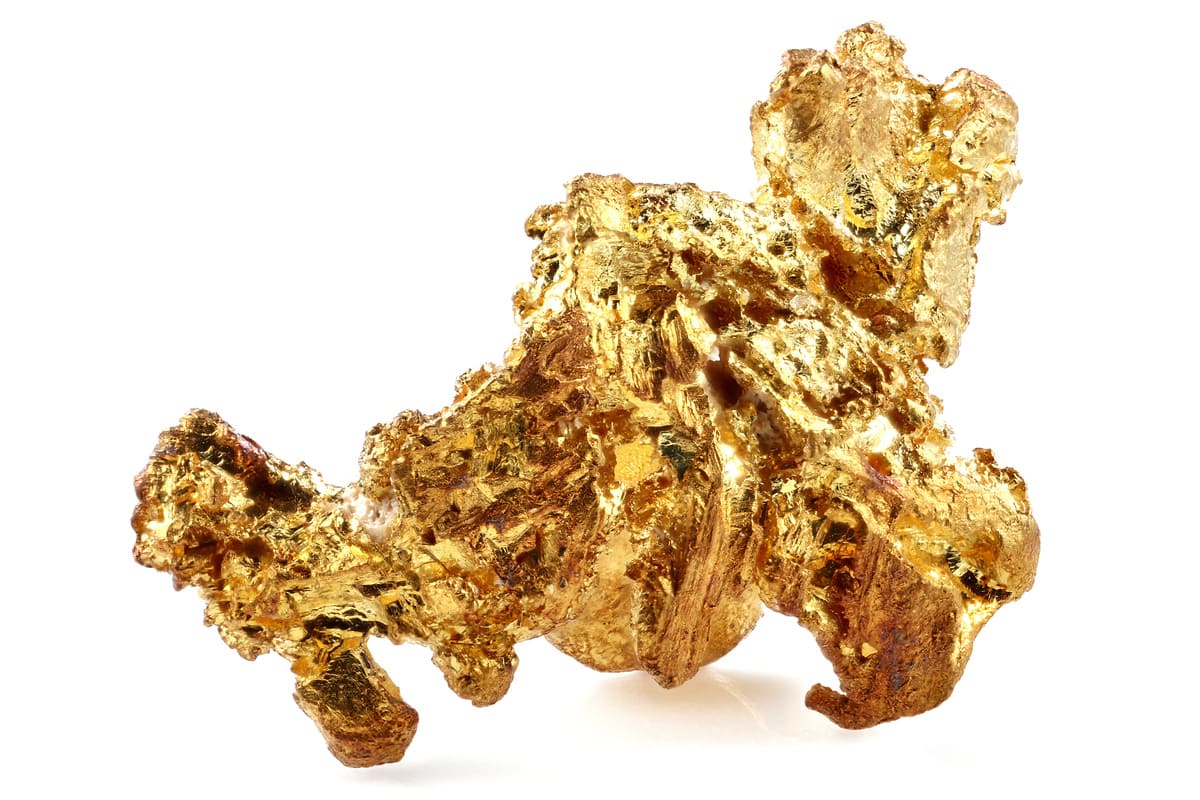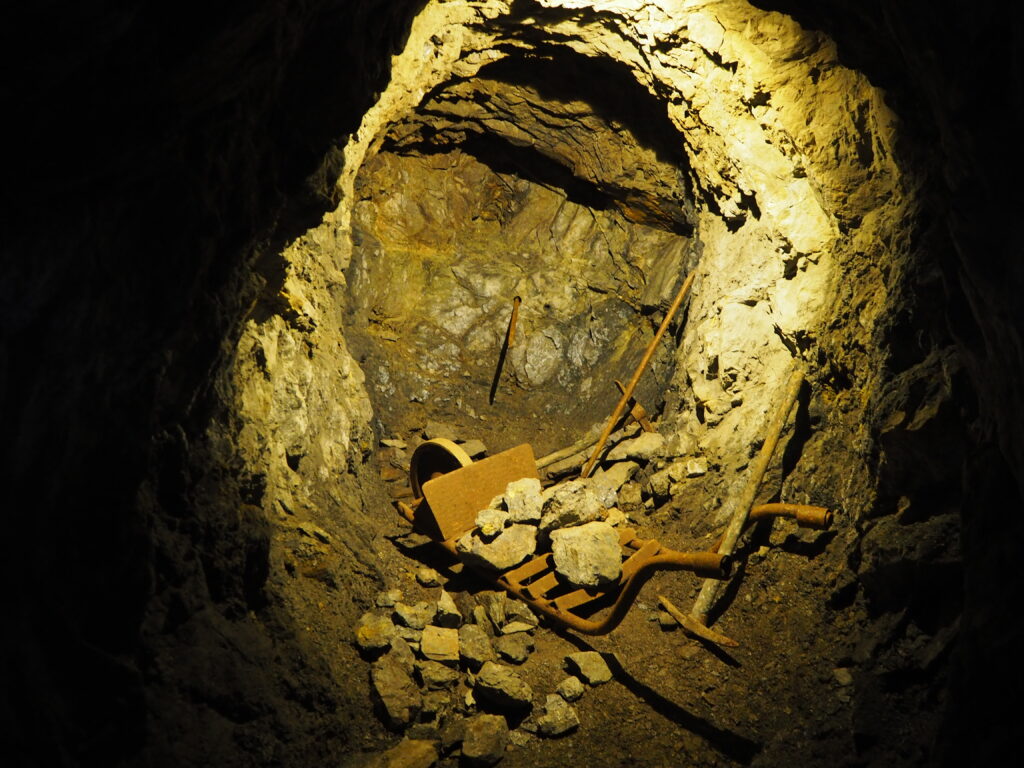Are gold granules a suitable investment option?
Additional information > Investment forms for gold, silver, platinum and palladium > Are gold granules a practical investment product?
There is a lot to consider when buying, selling and storing gold pellets
Gold is a valuable precious metal popular with investors and collectors, with coins and bars used for long-term asset building, as a hedge against inflation, or as part of a broader wealth diversification strategy. Granular gold is less well-known. Yet it trades close to the current gold price, and many investors consider buying it. So are these gold nuggets an investment product? Are there any advantages or disadvantages? And how should gold granules be stored?
In practical terms, gold granules are basically an intermediate processing product created by mints, refineries and goldsmiths, and by the medical industry. Unlike gold coins and gold bars, granular gold is not classified as a primary investment product. So, just like gold jewellery and white precious metals, gold granule purchases are subject to VAT. This effectively wipes out any potential price advantage granules may offer compared to bars and coins.
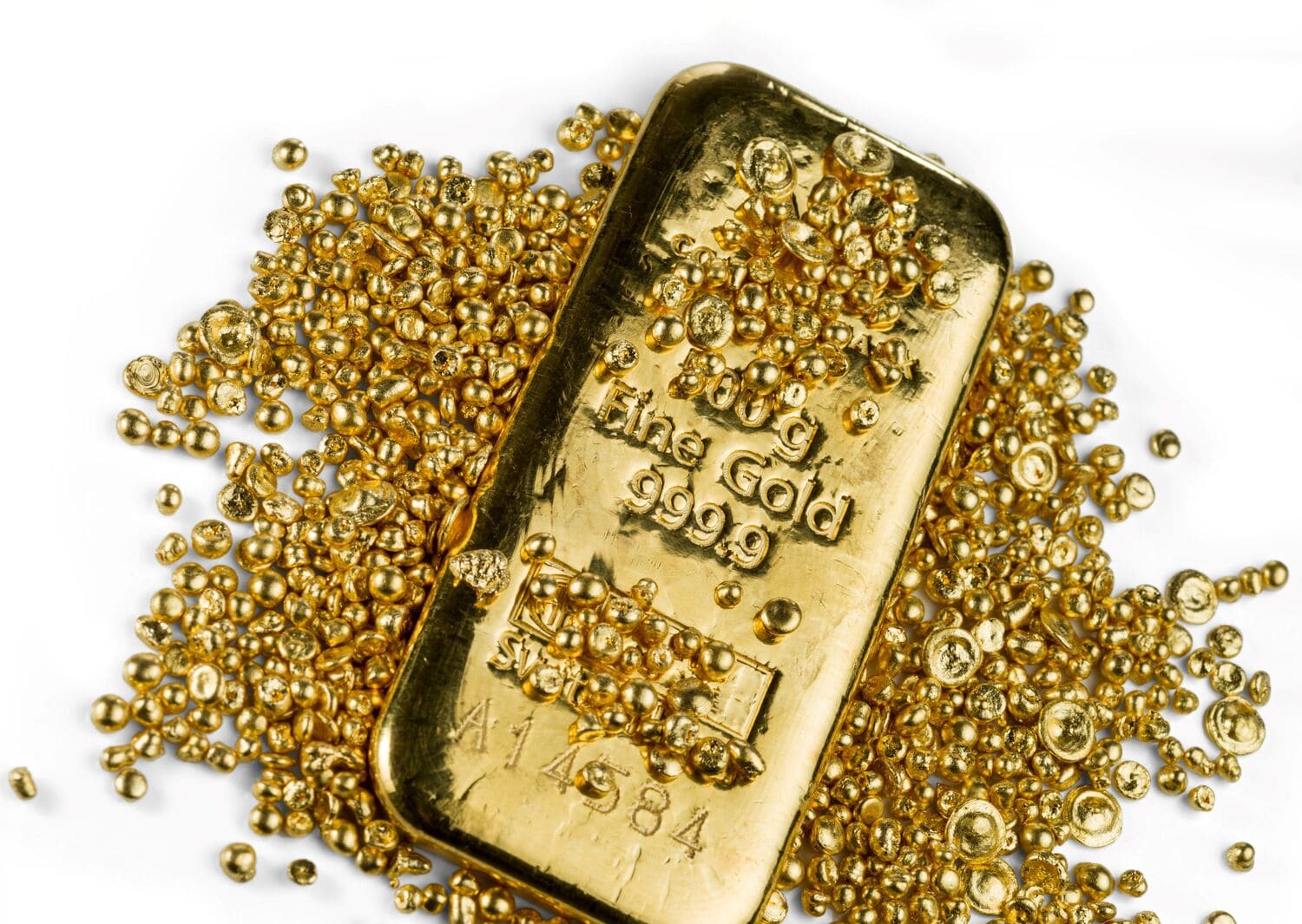
vladk213 © - stock.adobe.com
What are gold granules and how are they produced?
The most important aspect of gold granule production is the need to achieve the highest possible purity. To this end, raw or recycled gold is subject to complex cleaning procedures. Noble and base metals are separated via various chemical processes. Silver, for example, is a common component of gold-bearing ores which is filtered out for other uses. At this stage, the washed gold has a fineness almost approaching 100%. In the next step, it is then melted and liquefied at around 1,400 degrees Celsius. This hot gold passes through a fireproof sieve and drips into a container of water, where it instantly cools to form solid beads and grains ranging in size from 0.1 up to around 10 millimetres.
In this form, physical gold can be used for most applications. A relatively small grain size is generally advantageous, because it allows precise monitoring of materials without wasting a single crumb of this valuable product. Gold granules are particularly in demand for the production of jewellery. But some gold coins minted in smaller editions may also use such granules. Larger pieces of gold are more likely to be used for larger-volume projects or cast bars where a greater quantity of material has to be melted down.
Gold granules as an investment option
Surely such a versatile, sought-after raw material looks like a good investment anyway? While such an observation is, in theory, correct, this kind of investment assumes a lot of expertise on the part of the private investor, and also demands some specialist knowledge about resale options and storage requirements. Because no minting costs are involved, the premiums normally added to the gold price are thus significantly lower. However, as previously mentioned, transactions are subject to VAT. In Switzerland, the VAT rate is 8.1%. However, any purchase will remain VAT-free if the goods are subsequently stored in a duty-free warehouse. Find out more about this in the section about “Storing gold granules”.
Where to purchase gold granules
Unlike gold coins and bars, the supply of gold granules is very limited. Only a few precious metal dealers and refineries will sell granulated gold direct to private investors. This tends to negate the usual advantage of comparing a range of market prices. The main buyers of gold granules include goldsmiths and other industrial processing companies. For investors, gold granules can be sourced via selected local retailers or online.
Gold granules are available with a high fineness rating of 999.9/1000. The offer price is usually for a one-gram unit and customers may purchase as many grams as they wish. The loose grains are then packed in foil and carefully sealed, with a certificate of authenticity stating the dates of origin and a note of the technical specifications usually attached to the back of the packaging. When buying direct from a refinery, investors will usually be offered granules in larger, pre-packed containers, which will be correspondingly more expensive, though generally a better deal in value-for-money terms.
Selling gold granules: Points to consider
The subsequent sale of gold granules is less straightforward than selling bars or coins. Large scale buyers such as goldsmiths or dental laboratories usually have contractual arrangements and thus generally won’t purchase granules from private individuals. For investors, this often means they can only sell their gold nuggets to other investors or offer them to the original provider, which indirectly creates a ‘dealer loyalty’ scenario.
In either case, it is very important that the granules are undamaged and properly packed. And if the package has previously been opened, or if small quantities have been removed, the information on the certificate may no longer be accurate. In such circumstances, the contents must then be carefully checked – a process which can subsequently mean having to sell at a discount, or even risking the entire consignment being classified as unsaleable.
Storing gold granules: Special features
Small packets of gold granules can be conveniently stored in a safe deposit box. However, storing larger consignments will soon exceed the weight limit for safe deposits, in which case storing gold in segregated individual custody may be a more practical choice. This option involves separate storage arrangements with the original goods remaining the property of the investor. The alternative is a collective storage arrangement whereby the investor is only entitled to receive back goods of equivalent value.
Because VAT is levied on purchases of gold granules, allocated & segregated storage in a duty-free warehouse in Switzerland is recommended, especially where larger quantities are involved. Like silver granules or other white precious metal investment products, packaged gold can be purchased ex-VAT – provided it is then stored in a duty-free warehouse without first being delivered to the customer. Once inside a transit warehouse, these precious metals are deemed not to have been imported into the country. Furthermore, the goods will only become liable for taxes and import duties if they physically leave the warehouse and are then delivered to the customer. Such storage arrangements carry no quantity or weight restrictions, and no maximum storage duration is specified.

Gold granules vs gold bullion bars
Compared to gold granules, the net price of gold bars is slightly higher, especially for minted bars up to around 150 grams. Cast ingots are easier to produce, which is why they are priced a little lower.
Bullion gold can be purchased VAT-free, unlike gold granules. And because bullion gold is a sought-after investment product, there is always a broad range of options. Gold bars are available in weight units from 0.5 up to 1,000 grams as well as in various ounce sizes, so there will be a choice of investments to suit any budget. Gold bars are available online and from specialist bricks-and-mortar stores, such as the Swiss precious metal dealer Echtgeld. Unlike granules, bullion bars are accepted worldwide and traded by many banks, which means they can be easily resold when required.
Gold granules vs gold coins
The situation is very similar with gold coins. However, when compared to gold cast bars and gold granules, their net price is significantly higher because the minting process is rather more complex. However, gold coins still attract no VAT levy.
In addition, countless varieties are produced in many different denominations to meet the demand from both collectors and the investment market. Many diverse options are available in this buoyant market. Investors can choose the design and weight unit they prefer and then search the best offer to suit their budget. Coins are just as easy to sell online or via various retail outlets. Sellers can also compare prices online to secure the best return.
Conclusion: Comparison of gold granules and classic investment gold
Granular gold has only a few plus points to offer when compared to bars or coins. The price advantage of small gold nuggets can only be brought into play if the holdings qualify for immediate ex-VAT storage in a duty-free warehouse free – to which private investors themselves will not have direct access. Therefore, gold granules are only suitable for investors who can view their acquisition as a pure capital investment over the longest possible term. Even then, any resale may be problematic (depending on the type of transaction) and VAT might have to be paid. In other words: Gold investors are generally better off purchasing bars and coins because they offer greater flexibility in terms of buying, selling and storage options.
Gold granules in summary
- Gold granules are a high-purity preliminary processing product used by goldsmiths, in the electronics industry, and for medical products. They are also used in the minting of a few limited-edition coins.
- The fine grain size makes granulated gold easy to manage with precision.
- Although its net purchase price is close to the gold rate, granular gold is not considered a primary investment product and is thus subject to VAT.
- Few precious metal dealers or refineries sell gold granules direct to private investors or buy it back from them, making it harder to quantify and compare a range of options.
- The product is sold loose in quantities of one gram upwards. It is also available in larger packages containing fixed units.
- To avoid subsequent resale problems, all packages should be intact and contain the certified quantities. Granules often have to be sold back to the original supplier.
- Small amounts of pellet gold can be stored in a safe deposit box. The alternatives are segregated individual storage, or ex-VAT storage in a duty-free warehouse in Switzerland.
- Gold coins and bars offer investors more flexible buying, selling and storage options.


